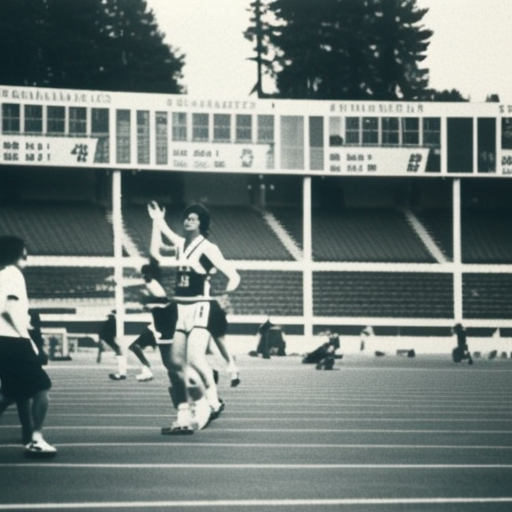Summary: 1980 Summer Olympics
The 1980 Summer Olympics, officially known as the Games of the XXII Olympiad, were held in Moscow, Soviet Union, from July 19 to August 3, 1980. The games were boycotted by a significant number of countries, led by the United States, in protest against the Soviet invasion of Afghanistan. Despite the boycott, the 1980 Summer Olympics showcased impressive athletic performances and left a lasting impact on the host city.
Background
The Soviet Union won the bid to host the 1980 Summer Olympics, beating out other contenders such as Los Angeles and Montreal. The Soviet government invested heavily in infrastructure and facilities to prepare for the games, constructing new stadiums, arenas, and Olympic villages. The event was seen as an opportunity for the Soviet Union to showcase its power and prestige to the world.
Boycott
The decision to boycott the 1980 Summer Olympics was primarily driven by the Soviet Union’s invasion of Afghanistan in December 1979. The invasion was met with international condemnation, and many countries, led by the United States, decided to boycott the games as a political statement against the Soviet Union’s actions.
A total of 65 countries, including the United States, Canada, West Germany, and Japan, boycotted the games. This had a significant impact on the participation and atmosphere of the event. The absence of some of the world’s top athletes diminished the overall competition level, but it also provided an opportunity for athletes from other nations to shine.
Highlights
Despite the boycott, the 1980 Summer Olympics witnessed several memorable moments and outstanding performances. The Soviet Union dominated the games, winning the most medals overall. The host nation’s athletes excelled in events such as gymnastics, wrestling, weightlifting, and track and field.
One of the most iconic moments of the games came from Soviet gymnast Aleksandr Dityatin, who became the first athlete to win eight medals at a single Olympics. He won three gold, four silver, and one bronze medal, solidifying his place in Olympic history.
Another standout performance came from East German swimmer, Kristin Otto, who won six gold medals in swimming events. Otto’s dominance in the pool showcased the strength of East German athletes during this period.
The 1980 Summer Olympics also saw the emergence of several future sporting legends. Ethiopian long-distance runner Miruts Yifter won two gold medals in the 5,000 meters and 10,000 meters, earning him the nickname “Yifter the Shifter.” American sprinter Carl Lewis, competing in his first Olympics, won a gold medal in the 4×100 meters relay, setting the stage for his future Olympic success.
Legacy
The 1980 Summer Olympics left a lasting impact on Moscow. The city’s infrastructure improvements, including new stadiums and transportation systems, continued to benefit the city long after the games concluded. The Olympic Park, known as the Luzhniki Olympic Complex, became a popular venue for future sporting events and concerts.
The boycott of the 1980 Summer Olympics highlighted the political tensions of the time and had a lasting impact on the Olympic movement. It marked the first time a significant number of countries boycotted the games for political reasons, setting a precedent for future Olympic boycotts.
In conclusion, the 1980 Summer Olympics in Moscow were overshadowed by the boycott led by the United States and other countries in protest against the Soviet Union’s invasion of Afghanistan. However, the games still showcased remarkable athletic performances and left a lasting legacy on the host city. Despite the absence of some top athletes, the Soviet Union dominated the medal count, and several athletes achieved memorable victories. The boycott of the 1980 Summer Olympics had a significant impact on the Olympic movement and highlighted the intersection of politics and sports.












